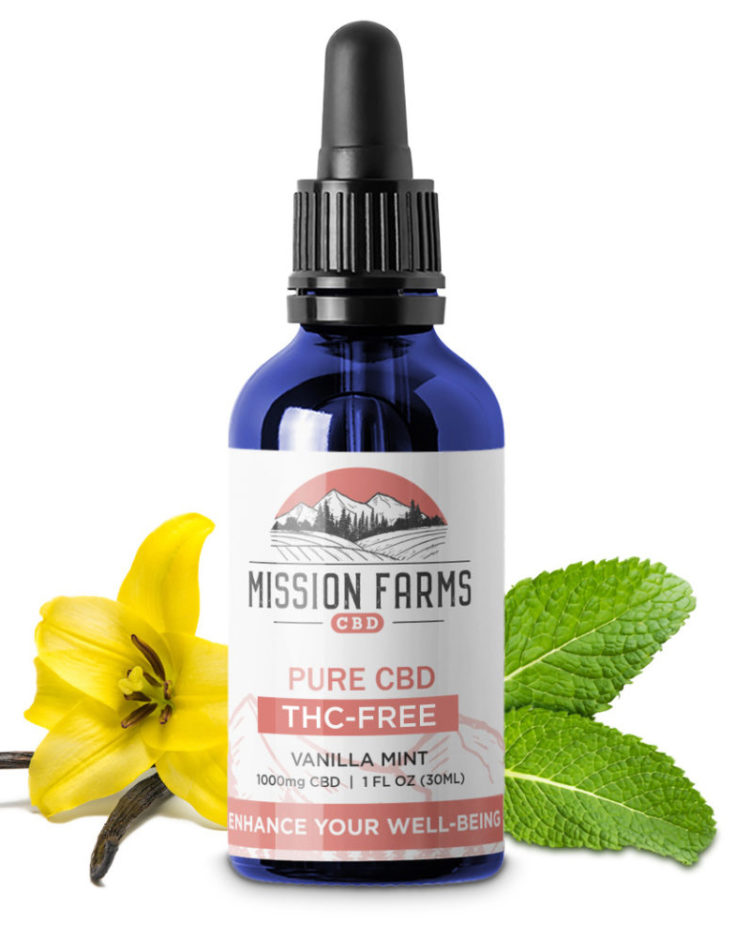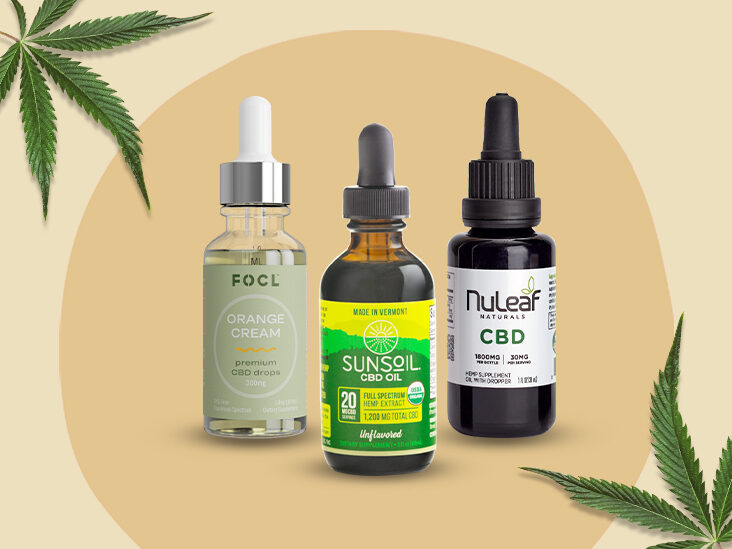
CBD has seen a rise in popularity due to its ability to calm the mind and relax the body. You can find it in gummies as well as oils. Some even have it in shampoos and lotions. It is becoming increasingly popular among breastfeeding mothers who wonder if it is safe for their baby and them.
Experts recommend that breastfeeding mothers refrain from using cannabis products. The safety of CBD products during lactation is not yet known.
Breast milk can contain THC for up to seven days after it is used. This can cause brain damage in your child. According to the Food and Drug Administration CBD can only be consumed while breastfeeding if it is in its hemp-derived form. It contains a very small amount of THC.
CBD (Cannabidiol), a derivative of marijuana, can have adverse effects on your baby’s development. According to one study, breastfed infants who were exposed during their first month of life to marijuana experienced a 1465 points decrease in the Bayley Index for infant motor skills. This is due to the fact that THC metabolites found in the mother can pass through breast milk, and potentially affect the baby.

Due to the potential dangers associated with CBD, pregnant women should not use it. It could also make you tired and intoxicated. This can affect your ability care for your baby.
All forms of CBD should be avoided during breastfeeding, even edibles. Take a multivitamin, eat healthy foods, and get plenty of sleep to make sure you have enough energy for your baby.
CBD has also been linked with nausea, confusion, dizziness and other negative side effects in humans. These symptoms are a result of the chemical being absorbed into your bloodstream, which can affect your brain and nervous system.
CBD is also a known neurotoxin and can have adverse effects on your brain if you're pregnant or breastfeeding, so it's best to stay away from it until more studies have been done.
Also, CBD oil is not recommended for use during postpartum. It can cause disruptions in your ability to bond and communicate with your baby. This is because it can cause you to feel anxious and depressed, which can lead to problems like postpartum depression (PPD).

There are many ways you can relieve your postpartum woes and not put your baby at risk. It's worth doing these things before you look into CBD. If you're having problems with postpartum depression, you should speak to a medical professional about possible treatment options.
It's important that you continue breastfeeding your baby until full-term. Her healthy growth is important to ensure she doesn't become obese or develop heart disease.
FAQ
Is CBD a good place to invest?
As people learn more about the benefits of hemp-based products, the market for them continues to grow. There could be $1B worth of hemp products on the shelves by 2022.
The market is also expected to continue growing at an annual rate of over 20% until 2020, when it reaches $2.5 billion.
Hemp oil is used in many beauty- and health-care products like lotions.
Many companies also make CBD-infused snacks, pet food, treats, and other food products.
CBD is currently legally available in all 50 States. However, this could change soon. CBD is legal in all 50 states, but more research will be conducted to determine its potential uses. Businesses will have an easier time operating legally.
These are just a few of the many reasons CBD investment can be lucrative.
Is there evidence that CBD reduces anxiety?
CBD oil works well to reduce anxiety. This is because it interacts directly with CB1 or CB2 brain receptors. The endocannabinoid system regulates mood and stress responses.
Our bodies activate the CB1 receptor when we feel anxious. This receptor triggers the amygdala and is responsible to emotional processing.
When the CB1 receptor blockage occurs, the amygdala is unable to receive the signal necessary for processing emotions. People who use CBD have fewer negative emotions.
A study published in 2017 showed that CBD reduces anxiety in patients with social phobia. Another study found that CBD reduced symptoms of PTSD.
An 2018 review found that CBD is anxiolytic and can help with generalized anxiety disorder.
Another study indicated that CBD might help reduce panic attacks.
However, several studies have shown that CBD actually increases anxiety levels in mice.
Researchers believe this discrepancy in animal data and human data could be due to differences between humans and dogs' responses to CBD.
There are no long-term safety studies available for CBD. However, most experts agree that CBD is safe when used as directed.
Where can I buy CBD products?
CBD can be purchased online or in local shops. Online retailers offer better deals. Many websites sell CBD products made with industrial hemp. The THC content is less than 0.3%.
Local shops are a good option if you prefer to shop locally.
Many states allow CBD products to legally be bought without prescription. You may be able buy CBD products from your local pharmacy if you are a resident of one of these states.
You may even be able to get CBD products delivered directly to your door.
Can I use CBD during pregnancy?
There hasn't been enough research to determine if CBD can be used during pregnancy.
Based on the limited information, however, it seems unlikely that CBD would cause harm for the baby.
It is important to remember that CBD should not only be used by women who are pregnant, but also by those who have been recommended by their doctor.
A recent warning was issued by the Food and Drug Administration about possible risks from CBD consumption during pregnancy.
FDA states that there are some indications that cannabis use during pregnancy could increase the chance of miscarriage.
According to the agency further research is required before any firm conclusions can be reached.
Is the CBD market growing?
Yes. This growth is expected to continue as legalization expands across North America. Canada has legalized recreational marijuana use in the past year, and several states have passed laws regarding medical marijuana.
This trend will likely continue at least another ten years, as more states adopt legislation allowing medicinal marijuana.
It is also economically sensible to legalize marijuana. Legalizing pot can provide many benefits, not only for farmers but also for the general public.
It could be used to reduce crime rates and the availability illegal drugs. It could also bring in tax revenue to governments.
As legal marijuana is more popular, people may be less likely to smoke. This would reduce hangovers and increase health care costs.
In addition, marijuana might actually improve the quality of life for those who suffer from chronic pain. Many believe THC, the active component in marijuana, is responsible for relieving symptoms like muscle spasms or nausea that can be caused by chemotherapy.
It is possible that marijuana could be used to treat mental disorders such as anxiety or depression. Some studies even suggest that marijuana may be able to treat schizophrenia.
The CBD industry is on the rise, and there are many obstacles in its path.
How big is the global CBD market?
Euromonitor International estimates that the global CBD market is worth $US3.5Billion in 2015. This is a more than 10% increase over 2014.
The report projects that this figure will reach $US6.4 billion by 2020. This represents an average annual growth rate 12%.
CBD products are expected account for about half of all hemp products worldwide by 2020.
This includes CBD oils and other CBD products like food, beverages, cosmetics and pet care items.
Statistics
- As a substance that was federally illegal before the passage of the 2018 Farm Bill, hemp-derived cannabinoids with no more than 0.3% THC still face a regulatory grey area. (forbes.com)
- CBD seems unlikely to directly influence sleep in healthy humans [115] (and maybe “sleep-promoting” in those with certain comorbid conditions) (ncbi.nlm.nih.gov)
- however, one study also found that these effects were virtually abolished when the original media (a nutrient broth agar) was replaced with one containing 5% blood (increasing the minimum concentration to ~160 μM CBD) [179]. (ncbi.nlm.nih.gov)
- While the primary injury may not be treatable, interventions that attenuate secondary sequelae are likely to be of benefit [203].Only one study (ncbi.nlm.nih.gov)
- The use of these products is likely to become even more widespread if the World Health Organization's recommendation that CBD no longer is scheduled in the international drug control conventions is adopted by the United Nations member states [201]. (ncbi.nlm.nih.gov)
External Links
How To
What are the issues that the CBD industry faces?
The current market for CBD products is growing at an incredible rate. There are many hurdles businesses face when trying to enter the CBD market. These include lack of consumer awareness and high costs of entry, limited capital access, and regulatory uncertainty.
Many people don't know much about CBD or how it works. This means that consumers are unable make informed decisions about purchasing CBD products.
CBD companies are heavily dependent on word-of–mouth marketing. This can be costly as it involves advertising and staffing to promote the brand.
The high production costs are another issue that new entrants to the CBD industry face. CBD products can be very costly because of the cost of the raw materials. CBD oil can only be made if hemp is grown in the right climate and soil conditions.
Growing enough hemp to make CBD oil takes around $1,000 per acre. Many small farmers are unable or unwilling to invest in this product.
A lack of capital access is another issue that new entrants will face in the CBD marketplace. Banks are often discouraged from helping people start businesses because of the stigma that surrounds the industry.
Last but not least, there is regulatory uncertainty regarding the sale and distribution of CBD products. There are currently not clear guidelines as to how CBD products should marketing.
Some states have passed legislation restricting the sale of CBD products, but this has yet to become national policy.
Only two states, Nevada and Maine, have yet to legalize recreational marijuana.
Massachusetts and Michigan have considered similar measures.
These changes could increase competition among CBD manufacturers.
As a result of these factors, many entrepreneurs choose to work from home rather than start a physical business.